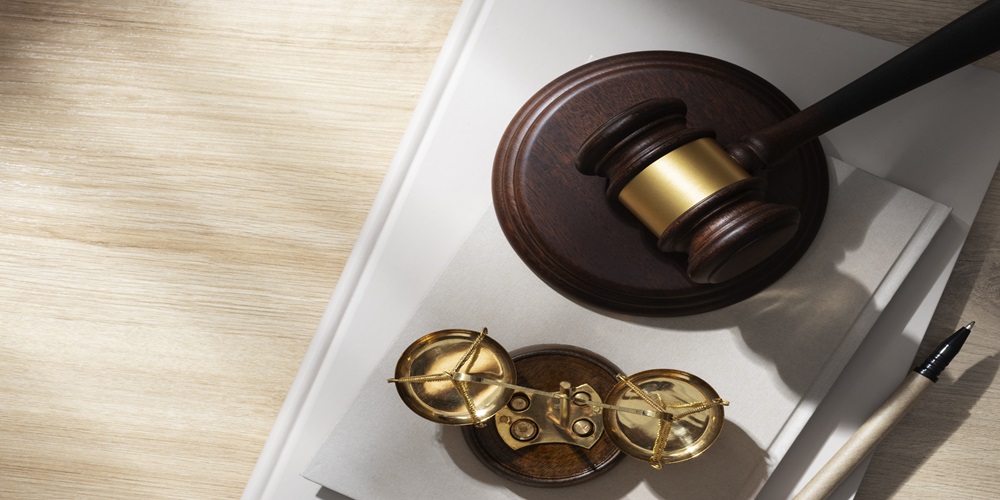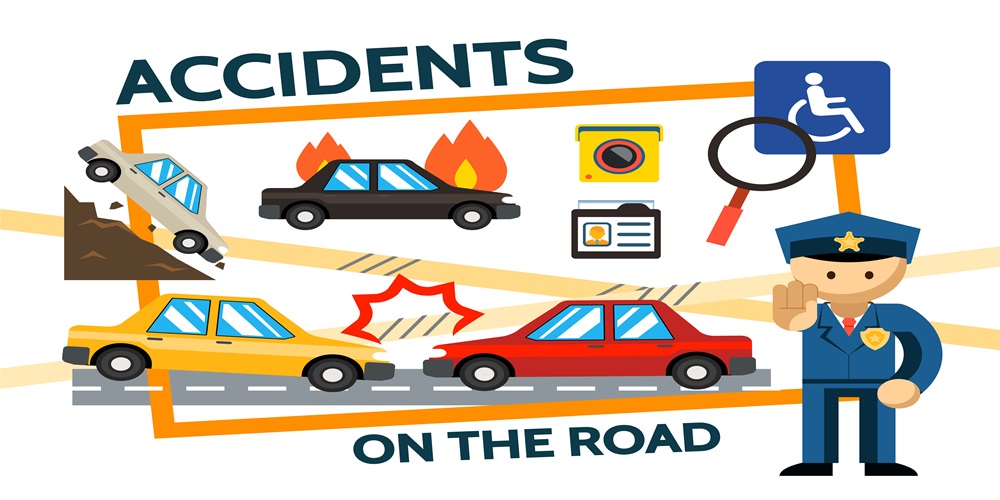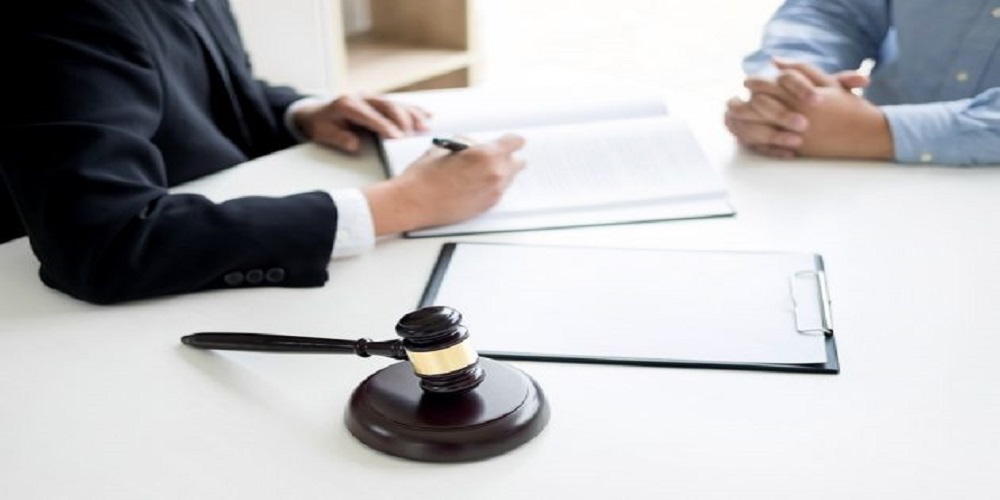7 Key Facts about the Right against Self-incrimination You need to know

In many countries, including Canada, the right not to incriminate oneself is integral to the law. It shields them from being compelled to say things that might get them into trouble.
Knowing these facts can help you understand your rights in a legal situation. Why this right matters is something a leading criminal lawyer in Brampton can help explain. Here are seven essential facts to know.
- It’s in the Canadian Charter
The Canadian cornerstone to protection against self-incrimination is the Canadian Charter of Rights and Freedoms, Section 11(c), Applying in Canada.
It states that no one has to incriminate themselves in a criminal matter. This rule is what makes the system fair.
This is why understanding criminal law matters; it offers a way for people to see how this protects them from discriminatory coercion from police or courts.
- You Do Not Have to Speak With the Police
You can refuse to answer police questions. This is a component of your silence rights. You can say, “I want a lawyer,” and stop talking.
Whatever the case, withdrawing the plea and assisting a legal expert in Brampton can ensure your rights are honored. Keeping your mouth shut does not equal guilt; it’s just a decision.
- It Applies in Court
Nobody can compel you to take the witness stand and talk if you’re on trial. The prosecution has to go without the words that you were saying.
A top Brampton criminal lawyer can use this to create a defense based on what the other side can’t prove instead of what you might say.
- It Guards Against Coerced Confessions
This right prevents police from using tricks or threats to force you to confess. For instance, they can’t hold you in a room for hours until you confess to something.
Confession should be free according to criminal law. If they are not, a Brampton criminal defense lawyer can make an argument to have the evidence thrown out.
- You Can’t Be Penalized for Silence
If you decide not to speak, the court cannot claim that means you’re guilty. In the eyes of the law, silence is your proper, not evidence.
If the other side tries to bend this, a leading criminal lawyer in Brampton can bring this up before the judge or jury. It keeps the emphasis on actual evidence.
- It Covers More Than Words
It isn’t only what you say; it’s how you say it. It also means that you can’t be compelled to provide evidence, like DNA or documents, if you would be incriminating yourself unless it’s allowed by law under strict rules.
This gets tricky, at least, which is why a legal expert in Brampton helps determine what’s protected and what’s not.
- You Still Need a Lawyer
Even with this right, legal cases are challenging to navigate alone. A lawyer knows how to use it right.
They can, for example, prevent questions that lead you to self-incriminate or challenge evidence that shouldn’t be allowed. A top criminal lawyer in Brampton can help you understand criminal law so you’re fully protected.
Why It Matters
The right to remain silent is what keeps the entire justice system honest. It places the burden of proof on the prosecution to prove guilt rather than on you to prove innocence. Whether a minor charge or a significant case, this properly balances the scales of justice.
For instance, Botox treatment is a medical procedure professionals perform to smooth wrinkles or treat pain. But this someone is bragging about using it on the internet and may not now have a license; this can be self-incriminating.
A Brampton criminal lawyer can help you navigate this process to avoid losing this protection.
Final Thoughts
Here are seven things to know about how the right against self-incrimination operates and why it’s useful. A top criminal lawyer in Brampton can tell you more about this and be there for you if it applies to you. It’s a fundamental right that keeps you in the driver’s seat under challenging situations.








